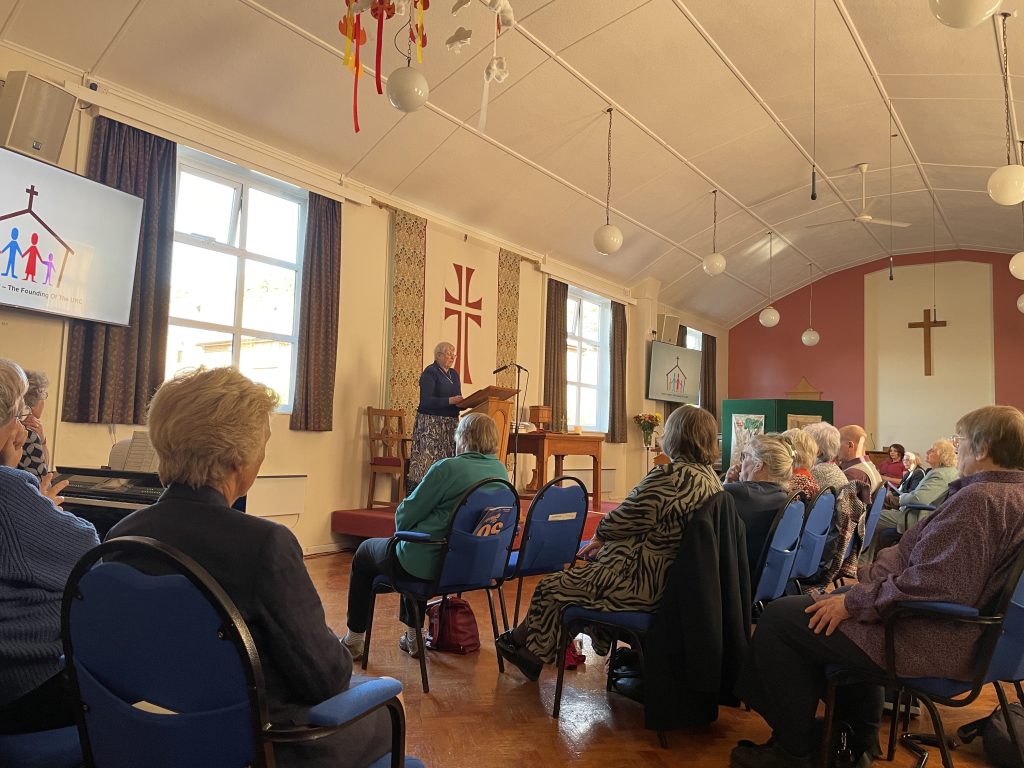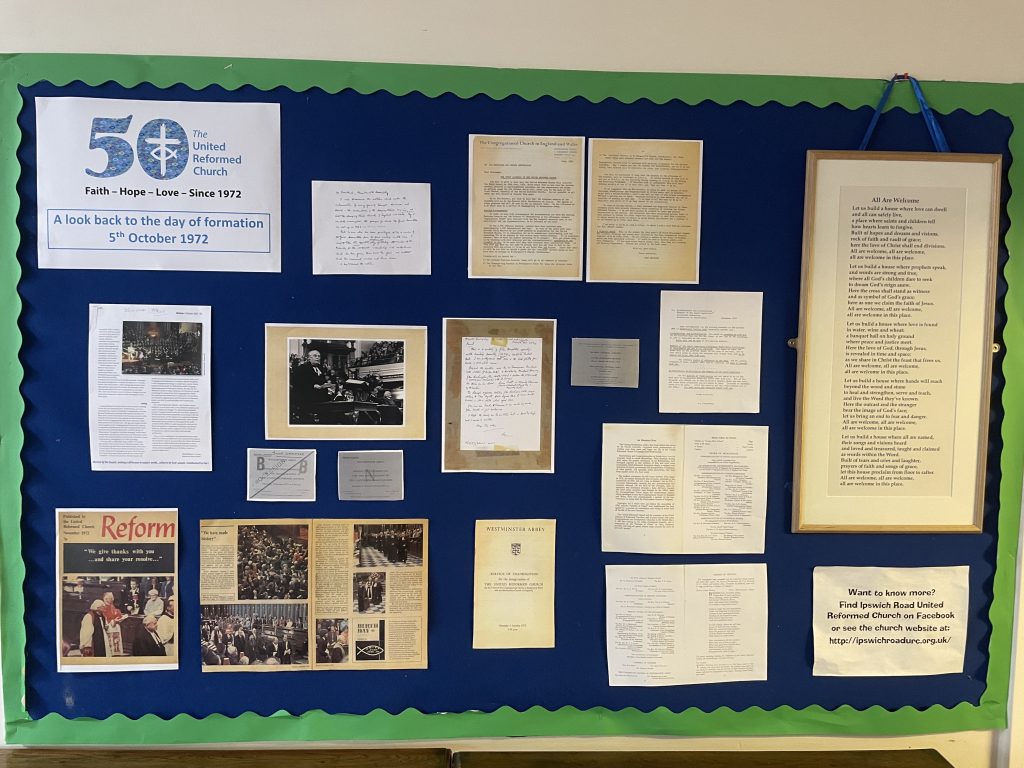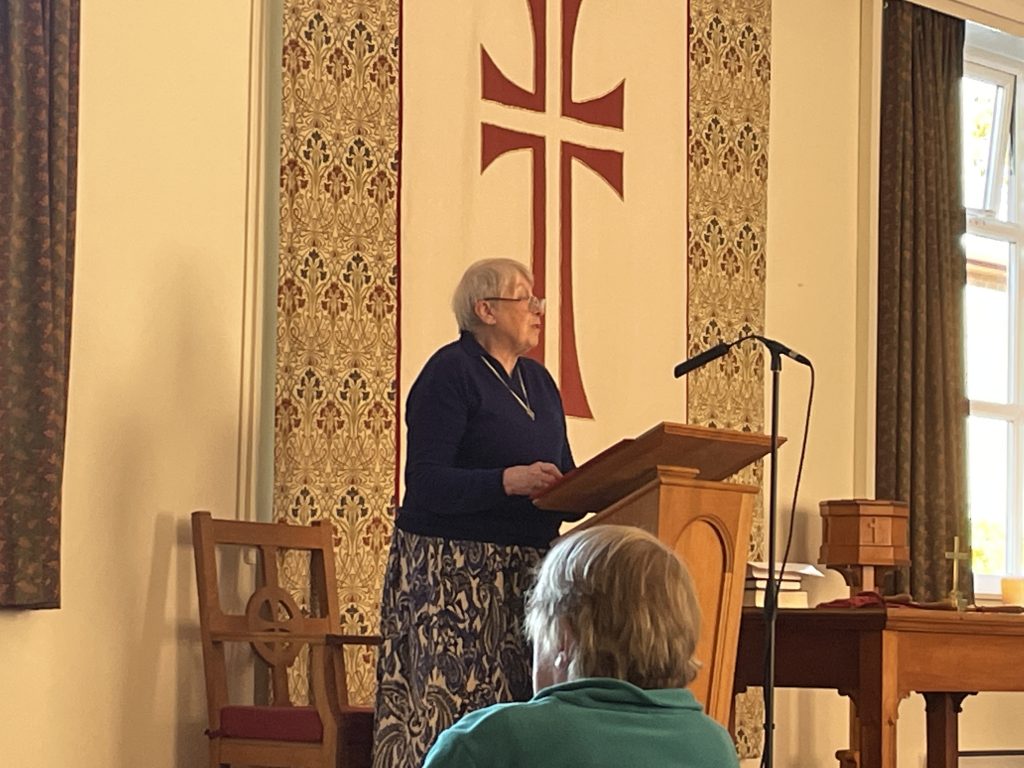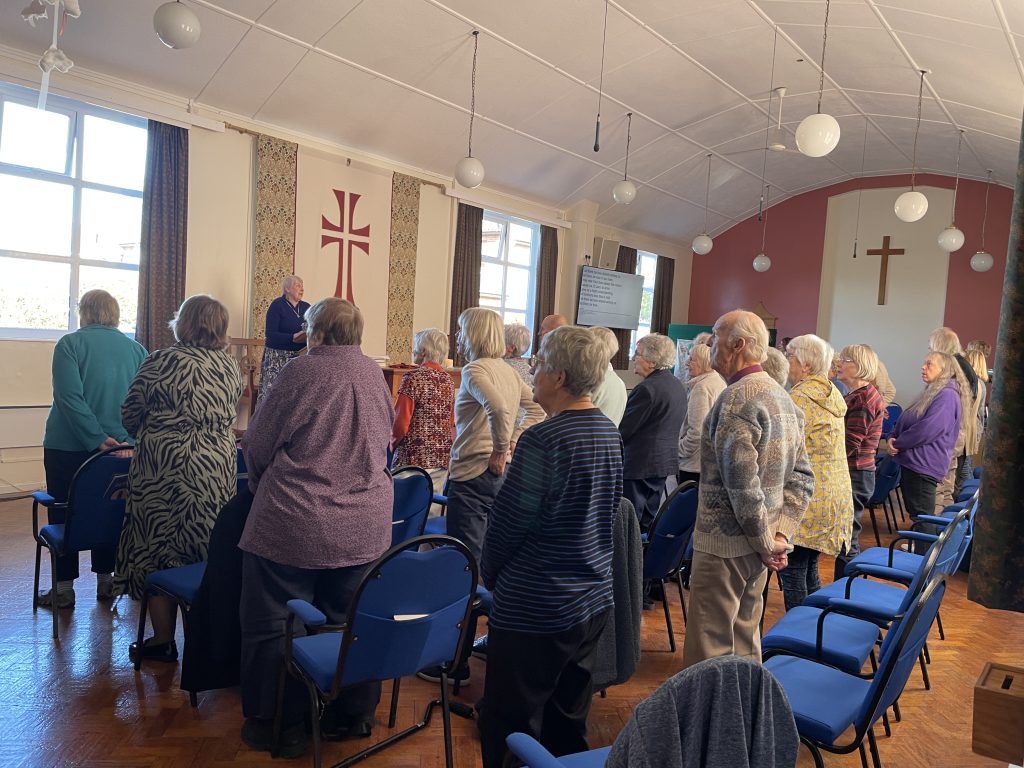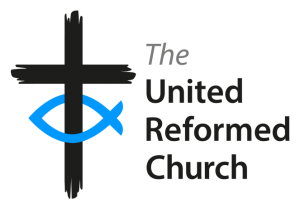
Who we are
The URC is a family of Christians who meet in local churches across England, Scotland and Wales, part of the worldwide family of Reformed Churches, a group of more than 70 million Christians.
The URC has around 47,000 members in about 1,300 congregations with more than 600 ministers. More than 60,000 people worship in our churches each week, and many more take part in the weekday activities of the churches.
What we believe
God loves you. And as Christians, we do too.
Regardless of who you are, your background, your family, your past, your present or future, we are in this church because we believe that God is alive and listening to us through prayer, guiding and speaking to us through the Bible, forgiving us for what we have done wrong, and waiting for us in Heaven after we pass away.
We believe that each and every one of us can find contentment through loving and serving Jesus Christ, the Son of God.
A lack of hierarchy, and a respect for individual principles, means that the URC is not rigid in the expression of its beliefs, and embraces a wide variety of opinions.
At the same time, in the words of the URC’s Statement of Nature, Faith and Order, together we are committed to ‘God: Father, Son and Holy Spirit – the living God, the only God, ever to be praised.’
You are welcome here
We are proud to be an intercultural Church, where people with varied ethnic and cultural roots meet, worship, discuss and learn from one another.
We were pioneers in ordaining women – our first female minster was ordained more than 100 years ago in 1917.
Most jobs and roles in the URC, whether voluntary or paid, are open to all.
Our roots
Being reformed sets us in a stream of tradition that goes back 500 years. In 1517 Martin Luther launched a movement of challenge in the Church that we call the Protestant Reformation.
Changes came quickly. Bibles were translated and printed in languages everybody used (not just in Latin). There was a new emphasis on the importance of the whole church and everybody in it – members and ministers together.
Being reformed is part of our DNA. It reflects our continual aim of reforming ourselves to be a Church for the present day.
Being reformed means that we delight in exploring the Bible, we do not fear change, and we try to run our churches in ways that take everyone’s insight and contribution seriously.
The history of the URC
The creation of the United Reformed Church in 1972 formally merged the Presbyterian Church of England and the Congregational Church in England and Wales. One Member of Parliament at the time described this merger as: “one of the most historic measures in the history of the Christian churches in this country.”
The denomination expanded when Churches of Christ joined it in 1981, followed by Scottish Congregationalists in 2000.
The URC is a nonconformist Church. Put most simply, this means that we are not an ‘established’ Church, with a formal link to civil authority like, for example, the Church of England has.
However, the URC is committed to working closely with Churches of all traditions, in prayer and social action, and many of our local churches are now united with local churches from other traditions (Baptist, Church of England, or Methodist to name a few).
Our organisational structure
The URC has a three-tier structure, which is open for everyone to participate in.
Local churches have an Elders’ Meeting, in which the Ministers and Elders share pastoral and spiritual oversight and leadership, and a Church Meeting, where all members gather to seek God’s will and to discuss the life and work of the church.
At a wider level, the URC has 13 Synods: the national Synods of Scotland and Wales plus eleven regional Synods across England. Each provides oversight of about 100 local churches and is led by a Synod Moderator.
The General Assembly of the URC is its ultimate decision-making body. It meets every year to celebrate, discuss and make decisions about the life and work of the church.
Getting involved
Find out more by exploring this website, or (even better) by coming to meet us and worshipping with us.
Find out more here
Source: URC website

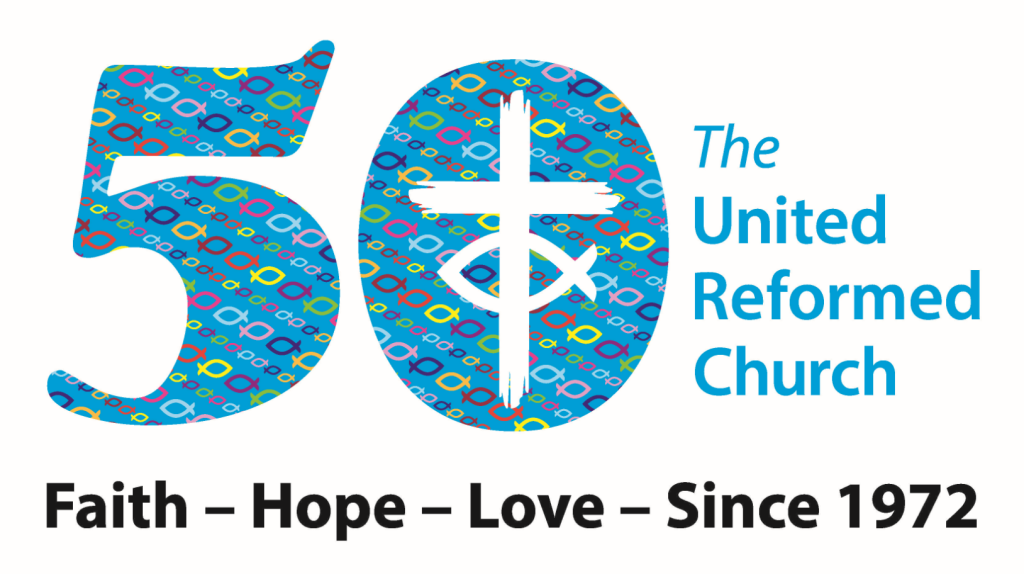 In October 2022 the United Reformed Church celebrated its 50 year Jubilee.
In October 2022 the United Reformed Church celebrated its 50 year Jubilee.